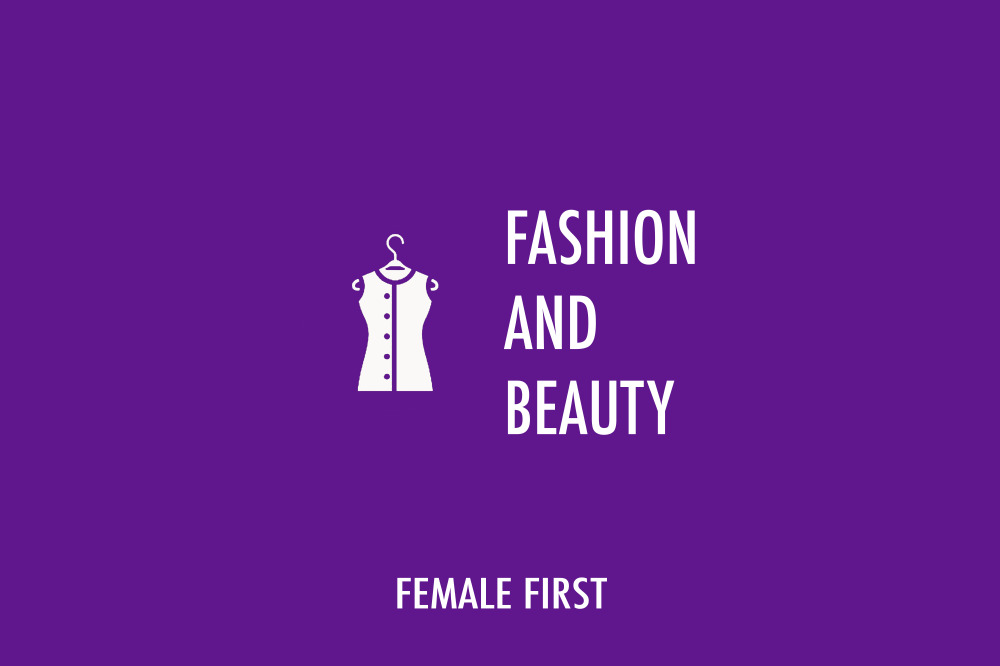A record number of Britons underwent cosmetic surgery last year, and demand for all procedures is up. These findings are based on the results of the annual survey of the members of the British Association of Aesthetic Plastic Surgeons (BAAPS), a membership organisation for aesthetic practitioners. But what about the thousands of people who undergo treatment carried out by those who are not members of BAAPS or a similar reputable organisation?

Fashion and Beauty on Female First
Non-surgical aesthetic intervention has become more acceptable and, as a result, there are an increasing number of operators administering botox and dermal fillers in their home, at the hairdressers or at the dentists. Their results are not included in the survey and still they continue to avoid regulation, putting vulnerable people at risk.
I see approximately 55 patients a week who are either considering surgery or recovering from surgery. I take responsibility for each and every one of them and the decisions we take together. Surgery is very humbling. The decisions I make in one day change the entire lives of my patients.
Despite new guidelines from the General Medical Council (GMC), I still see too many patients who have undergone surgery at another clinic without realising the risks or having had them fully explained. Their expectations and aspirations have not been met and as a result, they come to see me for a second opinion. They should have been counselled honestly, informed about the implications of their initial surgery and the need for follow-ups - breast augmentation is a perfect example. Many people do not consider the need for subsequent surgery and investment as they grow older.
Unless I am treating a patient suffering with excessively sweaty armpits or involuntary facial muscle movements, I won't inject a young patient with botox. Given my 20 years' of experience as a practising surgeon, I do not believe there is a need. Why? Well, quite simply, young men and women don't tend to have fine lines and wrinkles. What they do need is good, honest advice from a professional. After all, it is foolish for both you and your patient if you are not utterly honest. This stance should be the same for everyone in the industry, but I fear it is not.
The GMC is on the right lines but more can be done. There is still a need to address those operators who are based at their home, hairdresser or at the dentist surgery. These people are not affected by the GMC and I fear the sector has been virtually unregulated for too long. There are no controls in place regarding who can perform what or where, and younger people seeking potentially unnecessary or risky procedures are at risk.
There still appears to be an onus on the patient to properly research who undertakes the procedure and whether, strictly speaking, it is truly necessary. Patients must know they have this responsibility and it is hugely different to going to your local GP for a recommended hip surgeon.
In fact, with NHS patients, we have a thorough pre-assessment protocol. Why this protocol isn't made mandatory for all I don't know. It would be simple to roll out and standardise the practice.
My patients have a two weeks 'cooling off' period to consider their choice of treatment, regardless of whether they are private or NHS patients.
Finally, I do believe non-surgical procedures can be administered by trained nurses but people should check they are at a spa or practice led by a consultant. They must be trained and mentored. It is important that patients understand this, so they don't go to a facility that has no one qualified in post.
by Mr David Gateley, Consultant Plastic Reconstructive & Aesthetic Surgeon at Spire St Anthony's Hospital.
Tagged in Cosmetic Surgery

